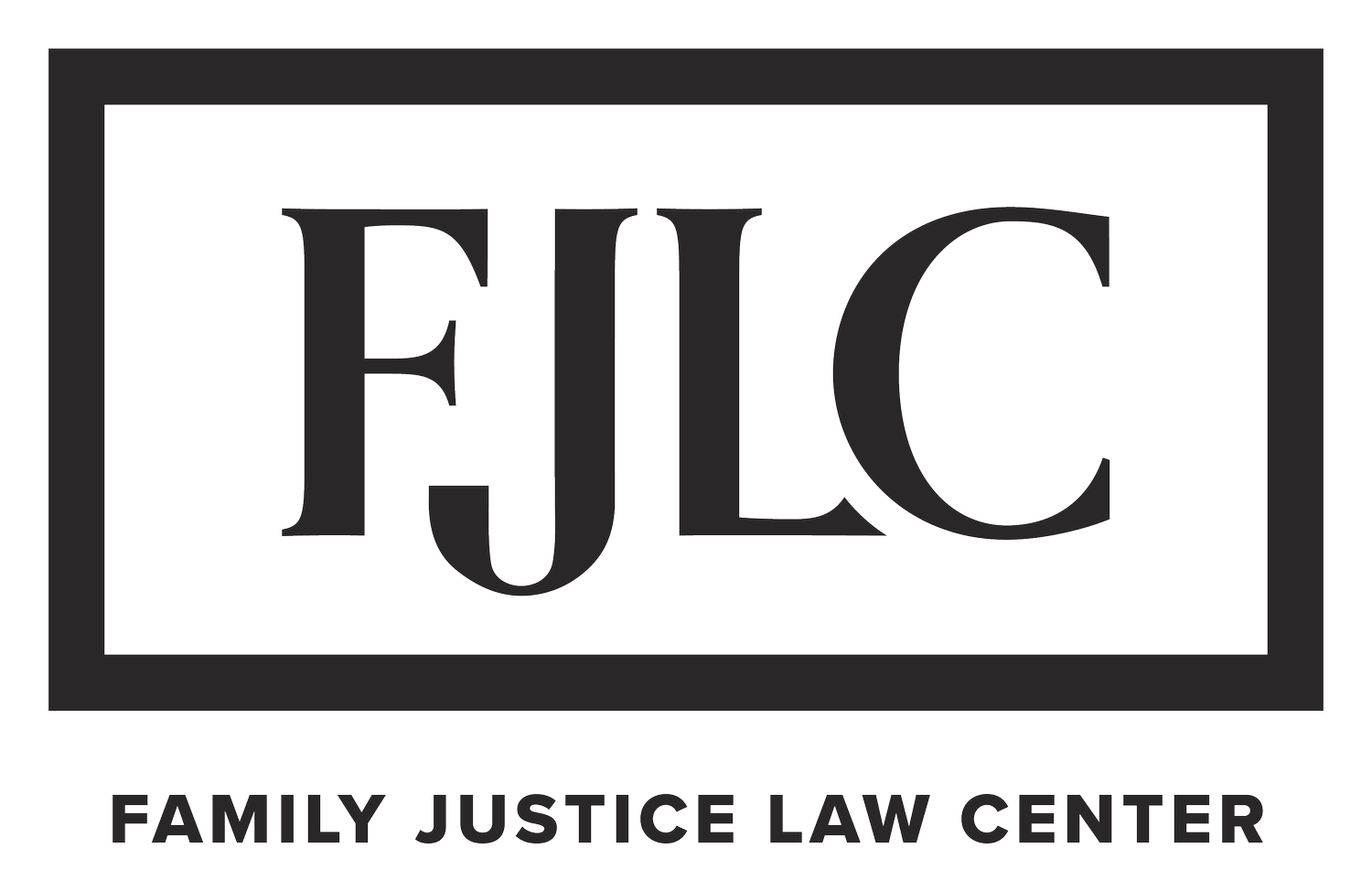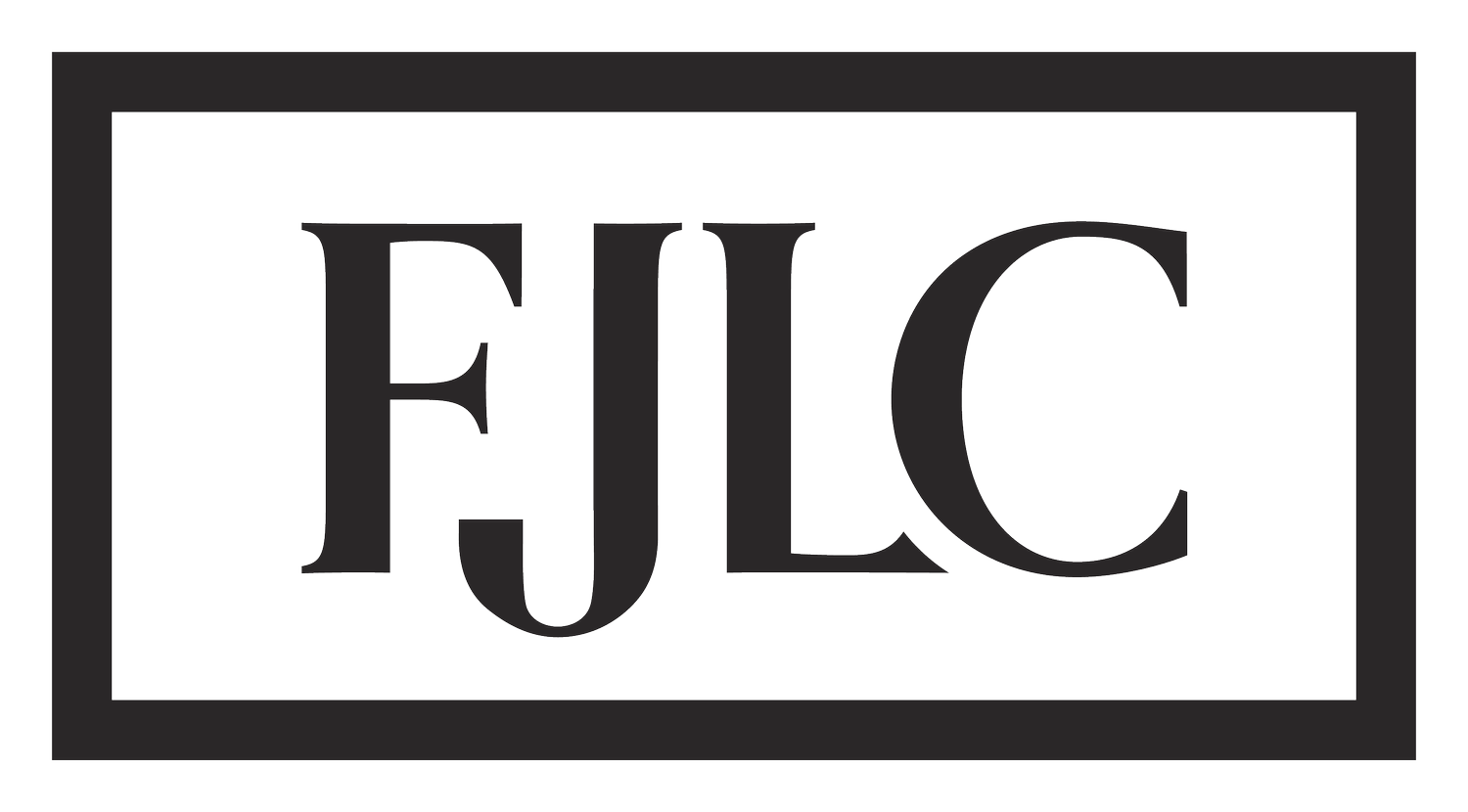Our Issues
The Family Justice Law Center will challenge the practices of the child welfare system that routinely, even casually, inflict illegal and horrific abuse on families caught up in its web. Here are just a few areas in which we plan to litigate. Across a broad range of issues, FJLC will seek to hold those who violate families’ rights accountable.
Fourth Amendment Violations
“It ‘felt like being kidnapped, even though it was just for a few days,’ one [child] said. ‘I didn’t know how long it would last.’”
All families, whether under government investigation or not, have the constitutional right to be safe and secure in their homes. Yet daily, New York City police officers and caseworkers forcefully enter homes, wake children safely sleeping in their beds, and rip them from their parents’ care — without a court order authorizing these interventions. This practice, when not absolutely necessary, is inhumane. It is also illegal. While Children’s Services is authorized to remove children under exigent circumstances, they exercise this extreme power roughly half the time, often when clearly unjustified. Once the courts scrutinize these so-called “emergency” removals, they decline to approve a quarter to a third of them. Yet, because there is no oversight or penalty, agencies continue their standard routines.
This atrocity is not only illegal, but also traumatizes children and parents. The Trump Administration’s zero-tolerance immigration policies that tore thousands of children from their parents at the border showed the intuitive injustice and inhumanity of forcefully separating families. Responses from psychologists, pediatricians, and policymakers shed light on the irreversible consequences. Even if removals are temporary, their psychological consequences are not. Removals traumatically disrupt children’s connections to their parents, siblings, friends, schools, and communities, damaging their mental health and emotional development.
Non-Consensual Hospital Testing
“By drug testing me without my consent and reporting a false presumptive positive to child welfare authorities, [the hospital] turned what should have been the most meaningful moment of my life into the most traumatic one.”
Across New York, hospitals test pregnant women and their newborn babies for drug and alcohol use without their knowledge or consent. This practice, both unnecessary and infected with bias, overwhelmingly and disproportionately affects Black and Latinx mothers. In New York, Latinx mothers comprise nearly half of all parents against whom Children’s Services pursue prenatal substance use cases, and Black mothers – already overrepresented in child welfare investigations – are even more disproportionately targeted for non-consensual drug testing. Infants born to Black mothers are consistently more likely to be screened for drug exposure than those born to white mothers, regardless of whether screening criteria were met. Patients with private insurance are less likely to be affected. Hospitals whose patients tend to be whiter and more affluent are more likely to have detailed protocols for whether and how to obtain specific consent.
Non-consensual testing is opposed by many health care professionals, who believe it is unethical, illegal, and bad public health policy. This testing results in inaccurate and unreliable results. According to the U.S. Department of Justice, even confirmed positive results are of little or no value in indicating “impairment” or “addiction, recency, frequency, or amount of use.” Because hospital personnel reflexively report positive toxicology screens of Black and Latinx mothers to government officials, families are swept up in investigations and court proceedings that can cause cataclysmic damage. The practice also deters those most likely to be targeted from receiving the prenatal and general healthcare they need during pregnancy, putting their health and the health of their children at risk.
Removal Hearing Delays
“[Removal] Hearings took between one and six months, with many taking three or more months”
When the government separates a child from his or her parent, the family has the constitutional (and in New York the statutory) right to promptly challenge that removal. This makes sense. If a parent poses serious danger to a child, that child needs to be protected and foster care or other placements are required. But, if a child can be safely at home, that child should be expeditiously returned from foster care. The law requires that these hearings ordinarily be concluded within hours or days of the removal.
But in New York, judges routinely deny families prompt hearings, and instead prolong hearings over many weeks and even months, while children languish in foster care. Even when some judges attempt to conduct prompt hearings, structural issues in family court – such as the default allotment of thirty-minute windows to court appearances – substantially postpone families’ access to justice. Internal court leadership has acknowledged that this “compromises the administration of justice.” Few issues can be resolved in thirty minutes, resulting in rampant adjournments with little testimony taken. Delays are neither benign nor inevitable. They reflect disregard for the poorest families in our communities. They unnecessarily prolong family separation. They force families to repeatedly recount traumatic incidents each time they come to court.
For example, in Bronx Family Court, one emergency hearing that was constitutionally and statutorily required to be completed in a matter of days took six months, spread over twenty-three court appearances. At the end, the judge found that the child could be safely returned home. These types of delays are plainly unconstitutional, morally disgraceful, and harmful to parents and children. Over the course of another emergency hearing that lasted four months, a six-year-old separated from her mother emotionally “deteriorated” and “began expressing suicidal ideation.”

